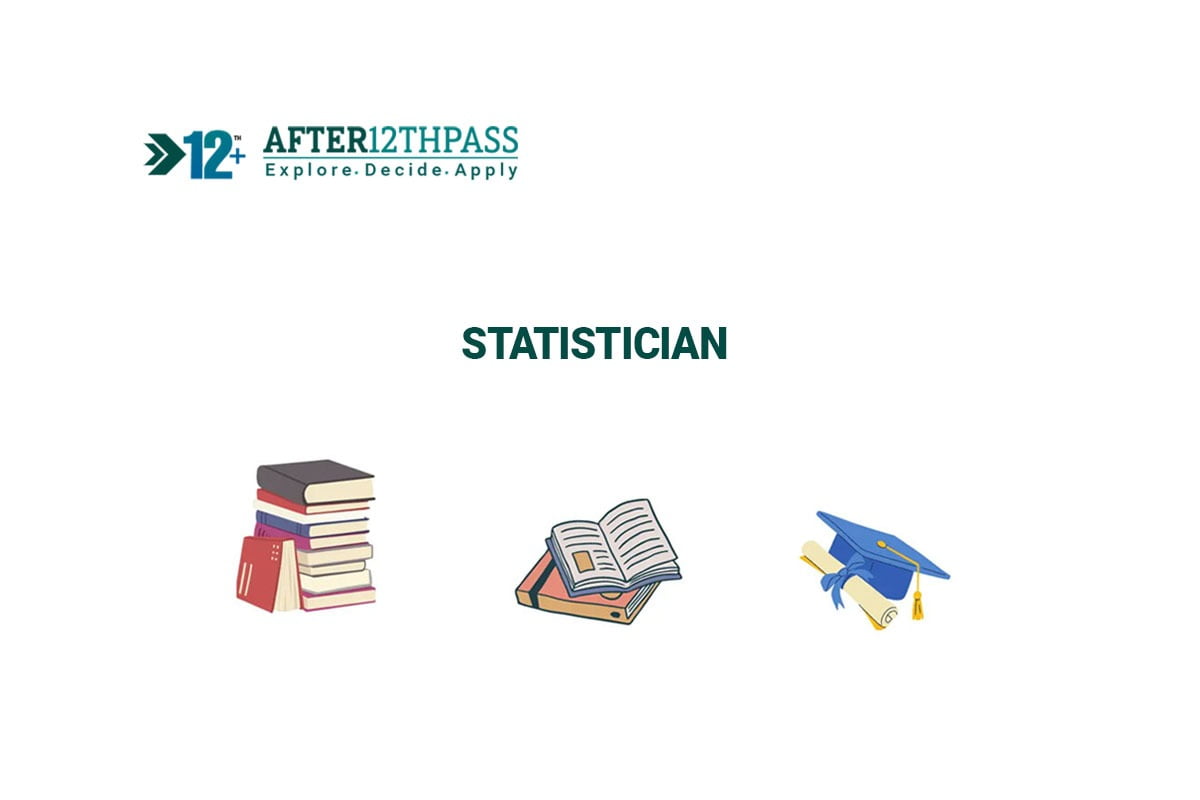Statistician – How to become a Statistician
A Statistician is a professional who plays a critical role in collecting, verifying, and interpreting data to solve problems across various fields. In today’s highly competitive environment, precision and objectivity have become essential in drawing conclusions. As a result, the demand for Statisticians has grown significantly. Their ability to interpret numerical data and communicate it to the general public makes them an essential asset in areas such as consumer goods, sports, education, and contests where subjective conclusions were previously drawn.
The younger generation finds Statistician an absorbing and interesting profession as it provides an opportunity to use analytical potential to a high degree. Statisticians make use of various methods like questionnaires, surveys, and diagnostic tests to study real-life problems across a broad range of disciplines, including biology, economics, engineering, medicine, physics, sociology, and psychology. They collect reliable data, evaluate it scientifically, use statistical tools, and present their findings in various formats like graphs, charts, tables, and visuals. Based on their analysis, they suggest potential applications of the survey results and help find solutions to the problem at hand.
Although the job demands hard work and effort, it offers enormous scope for building a career. Young people with a desire and capacity for hard work can find both money and satisfaction in this profession.
How to become a Statistician after the 12th?
To become a statistician after 12th, you will need to pursue a Bachelor’s degree in Statistics or a related field, such as Mathematics or Economics, from a recognized university. Some colleges and universities may also offer a Bachelor’s degree in Data Science, which includes courses in statistics.
After completing your Bachelor’s degree, you can pursue a Master’s degree in Statistics or a related field, which will help you gain more advanced skills and knowledge in the subject. You may also consider pursuing a Ph.D. in Statistics, which can lead to research and academic careers in the field.
To prepare for a career as a statistician, you should focus on developing strong analytical and mathematical skills, as well as proficiency in computer programming languages and statistical software packages. It is also recommended to gain experience through internships or research projects, which can help you build practical skills and learn about real-world applications of statistics.
Job Description
A Statistician collects, interprets, and analyzes data to solve problems in a wide range of fields, such as business, government, healthcare, education, and social sciences. They design surveys, experiments, and opinion polls to gather data, and then use mathematical and statistical techniques to analyze and interpret the results. They work with statistical software and computer programs to create tables, graphs, and charts to present their findings. They collaborate with other professionals, such as economists, engineers, social scientists, and medical researchers, to identify problems and develop solutions.
Career Aspects
The demand for statisticians is growing due to the increasing use of data in business, government, and healthcare. Statisticians can find jobs in a variety of fields, such as finance, marketing, public health, and social research. They can work in both the public and private sectors and may work for large corporations, government agencies, or consulting firms. Some statisticians work as researchers, while others work as educators, teaching statistics at colleges and universities. As data analysis becomes more important across industries, the job prospects for statisticians are projected to be very good.
Statistician Salary
The salary for a statistician can vary depending on the industry, experience, and education level. The statistician can expect anything between Rs.25,000 to Rs.30,000. After gaining some on-the-job experience, one can earn as good as Rs.45,000 per month and more Statisticians who work in finance and insurance tend to earn the highest salaries, followed by those who work in the federal government.


